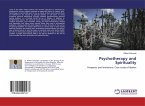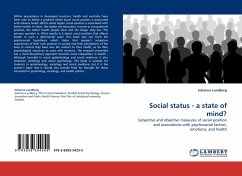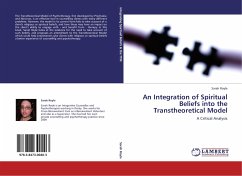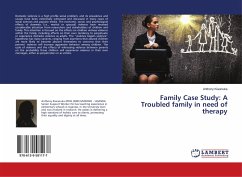Following the commitment of an offense in the context of a relationship, an offender may be motivated to reduce the damage. We examined the motives an offender may have for seeking forgiveness, such as avoidance of punishment, public image concerns, emotional well-being, self-image, sense of fairness/justice, loss of relationship, loss or gain of power, and loss of ability to trust. We also examined which behaviors an offender might use following an offense. We asked 221 individuals to imagine themselves as an offender in hypothetical scenarios and to answer questions about how they would act in such a situation. We found six main areas that motivate individuals to take action: Concern about God, Damaged Self-worth Concerns, Justice Concerns, Impression Management Concerns, Affected Party and Others Concerns, and Relationship Concerns. In addition, we found that after having offended, individuals typically engage in four types of behaviors: Approach, Avoid, Deny and Hide, and Grovel. In this book we embark on an in-depth discussion of all of these motives and behaviors and explore how they are related to the severity of the offense and the offender's personality.
Bitte wählen Sie Ihr Anliegen aus.
Rechnungen
Retourenschein anfordern
Bestellstatus
Storno








